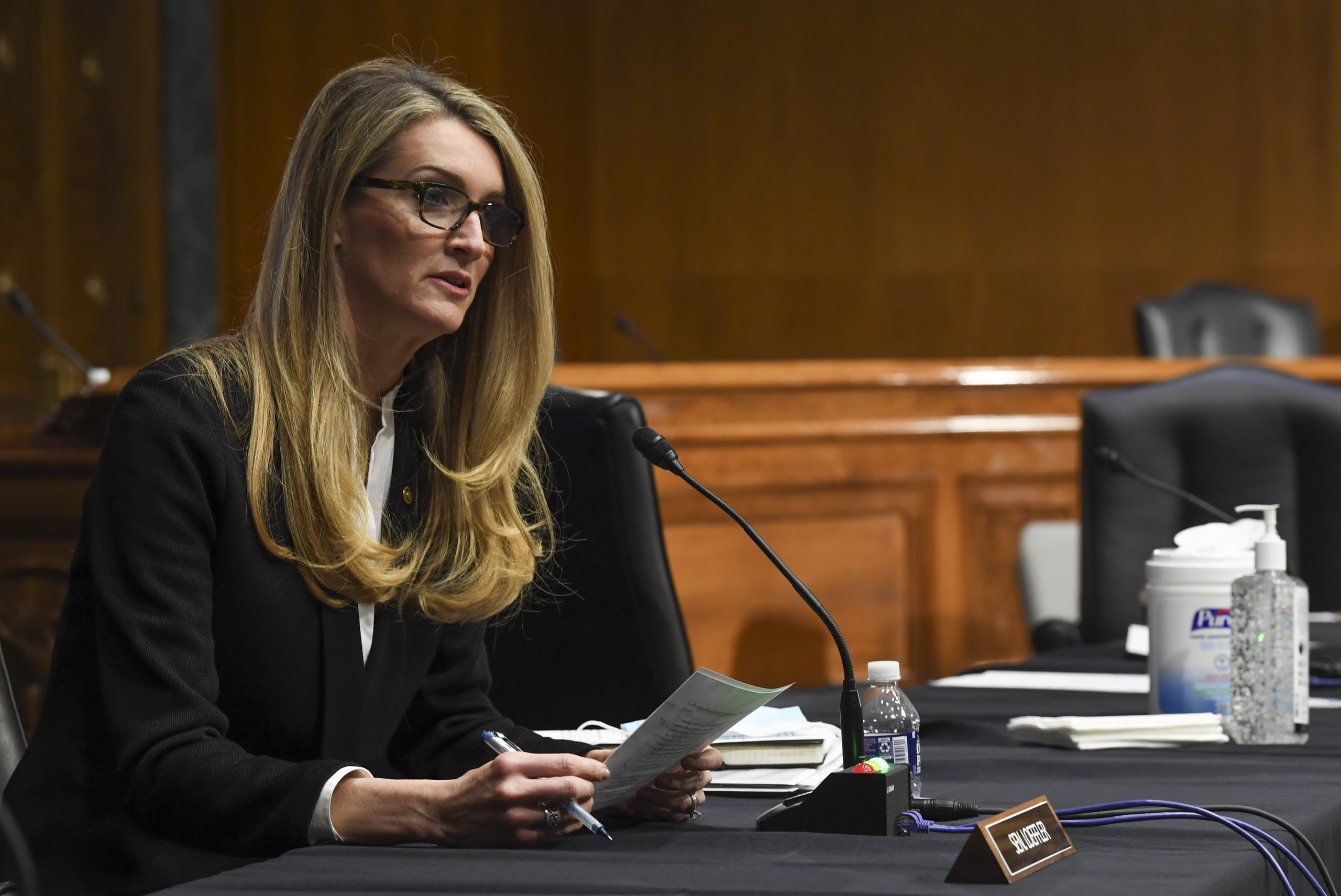Black Trans Woman’s Killing in Philadelphia Called Part of ‘Epidemic of Violence’
A 29-year-old Black transgender woman was killed in Philadelphiathis week, part of an “epidemic of violence” against the city’s trans community, authorities said.
Officers found Mia Green, a Philadelphia resident, shot in the neck in the passenger’s seat of a car driven by Abdullah lbn El-Amin Jaamia when he was stopped Monday morning for running a stop sign, a police statement said.
During the traffic stop, Jaamia, 28, “exited the front driver’s door and approached Police stating that his passenger was shot.”
Officers then provided a police escort as Jaamia drove Green to a local hospital, where she was pronounced dead at 8:30 a.m.
Upon further investigation, Jaamia was charged with murder and related offenses on Tuesday, police said.
Authorities did not provide details surrounding the investigation, possible motive and arrest, or specify the relationship between the suspect and victim. It was not immediately clear if Jaamia has a lawyer.
The city’s Office of LGBT Affairs said in a statement Tuesday that it extended its “deepest sympathies” to Green’s family.
“We know that the loss of yet another trans community member of color is especially painful, no matter the circumstances,” the city said. “This latest act of violence against a member of our community is a somber reminder of the epidemic of violence against trans individuals.”
Recommended
OUT NEWSLGBTQ themes found in half of the past decade’s 20 most-banned books
OUT NEWSChicago’s LGBTQ neighborhood dropping ‘Boystown’ nickname
Green’s death shows “there is much work to be done in the pursuit of full equality, respect, and justice for us all,” the statement said.
Across the U.S., there has been “surge of violence against transgender people,” according to the National Center for Transgender Equality.
“In just seven months, the number of transgender people suspected of being murdered in 2020 has surpassed the total for all of 2019,” the center wrote in an August blog post, prior to Green’s death.
There have been at least 29 instances of fatal violence against trans and gender nonconforming people in the U.S. this year, with most of the victims being Black and Latinx transgender women, according to the Human Rights Campaign.
Philadelphia Mayor Jim Kenney responded to Green’s death on Twitter, saying that “violence against transgender people—especially trans women of color—is a crisis in this country.”
Earlier this year, the remains of Dominique “Rem’mie” Fells, a Black transgender woman, were discovered in the city’s Schuylkill River, and police declared her death a murder.
